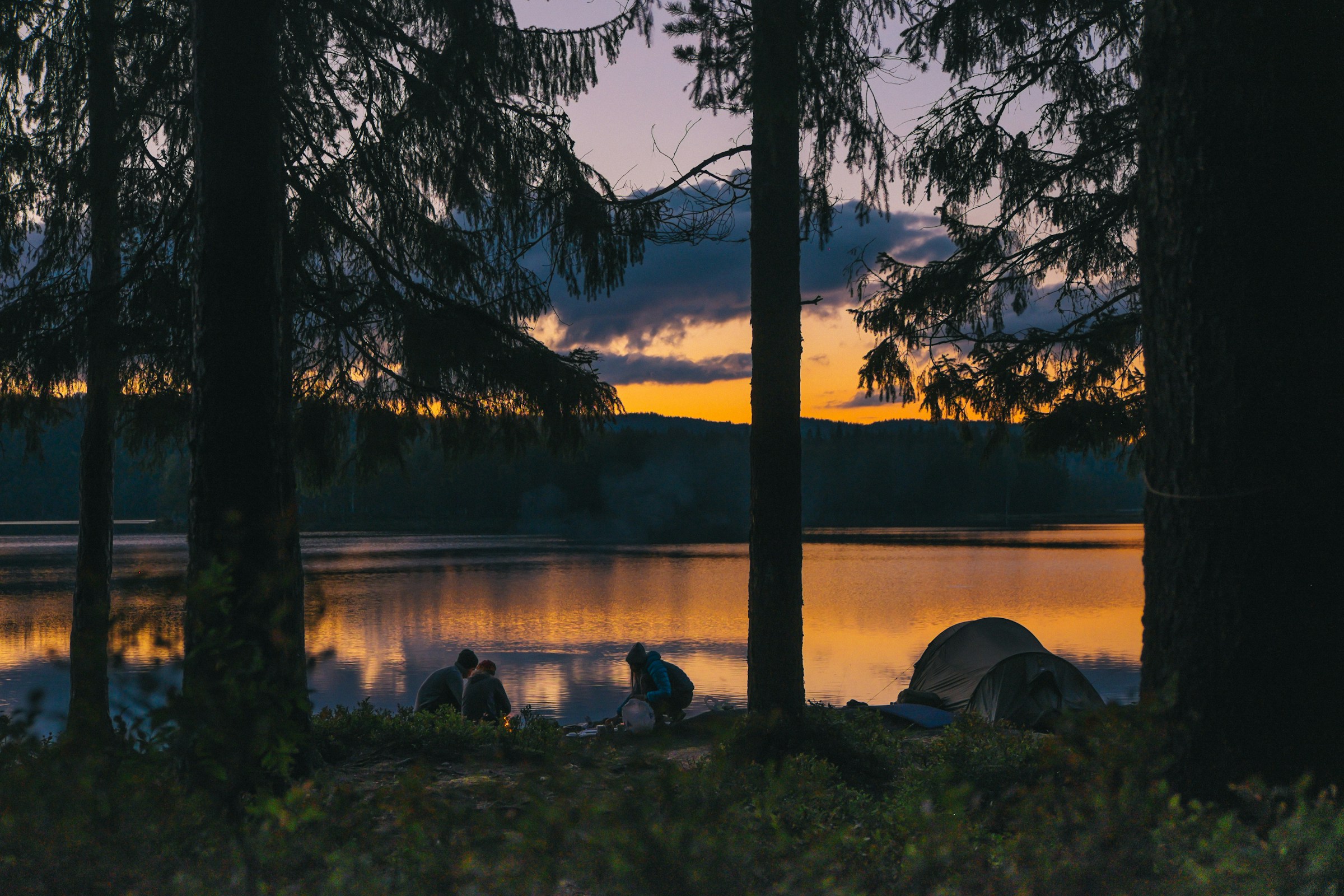
What are the best strategies for ensuring water conservation at your UK campsite during drought conditions?
A key aspect of the pleasure of camping rests in the harmony we maintain with nature. While the charm of the wild is irresistible, our responsibility to protect and maintain it is crucial. One important aspect to keep in mind, particularly for those who love their camping trips in the UK, is the efficient use of water. Drought conditions can be quite common in the UK, and the lack of water might threaten the harmony of your campsite. So, how do you conserve water effectively during such sparse rainfall periods? This article elucidates various strategies to ensure water conservation at UK campsites during drought conditions.
Preparation before the trip
When embarking on a camping trip during drought conditions, it is crucial to plan your water usage. Preparation is the key to ensuring you don't waste water unnecessarily at the campsite. Packing the right gear and items is a good starting point.
Avez-vous vu cela : How can you prepare for and manage midge swarms when camping in Northern Scotland?
You need to pack items that help in water conservation. A collapsible water container is handy, as you can carry water from a safe source and use it judiciously at the campsite. Instead of carrying multiple water bottles, consider packing a good quality hydration bladder. These bladders are easier to pack and can hold more water.
Investing in a portable water filter or purification tablets is also a good idea. They will allow you to use available water safely, even if it is from a wild source.
A voir aussi : How do you effectively deal with sudden fog banks while hiking during a camping trip in the Welsh mountains?
As for gear, consider purchasing equipment that uses less water. For example, cooking utensils that are non-stick will require less water to clean.
Setting up your campsite
Setting up your campsite wisely can save a considerable amount of water. Look for a location that is closer to a water source but remember not to camp directly beside it, as it could disturb the local ecosystem.
Try to set up your tents in a shaded area. This will reduce the water loss due to evaporation from your water containers.
Rainwater harvesting is another excellent way to conserve water. If it does rain, make sure you are prepared to collect it. You can use tarps or rain covers to accumulate rainwater. Using a water barrel to collect the runoff from your tent can also be a good strategy. However, remember to filter or purify this water before use.
Efficient use of water at the campsite
Efficiency is the key when it comes to using water at the campsite. This holds true for all of your activities, from cooking and cleaning to personal hygiene.
One efficient way to use water is by reusing it. For instance, you can use the leftover water from boiling food for other purposes. This "grey water" can be used for cleaning dishes or dousing your campfires.
Another important aspect is personal hygiene. It is understandable that you may not be able to take a full bath while camping. You can use wet wipes or take a sponge bath to stay clean. A portable shower bag, which uses less water, can also be considered.
Food and water management
The food you pack for your trip can significantly affect your water consumption. Dehydrated food and ready-to-eat meals are best for camping trips during drought conditions, as they require less or no water to prepare.
When it comes to drinking water, avoid wastage as much as possible. Teach everyone in your camp to take only as much water as they will drink. If someone doesn't finish their water, it can be used for other purposes like cleaning or cooking.
Educating all camp members
Last but not least, make sure that everyone in your camp is educated about water conservation. Teach children the importance of saving water. Make sure they understand that water is a vital resource, especially in a drought. You can plan various activities and games that educate them about the importance of water conservation in a fun and engaging way.
The key to ensuring water conservation at your UK campsite during drought conditions lies in effective planning, efficient use, and engaging education. With these strategies, you can enjoy your camping trip without causing undue strain on water resources.
Careful Selection of Camping Gear
Choosing the right camping gear can significantly contribute to saving water during your trip. One piece of equipment that is a must-have for any camping trip is a sleeping bag. Opt for a sleeping bag that is made of material that can easily be cleaned with a damp cloth, rather than one that requires washing. This will help conserve water.
For your camping trip, another piece of equipment that can help conserve water is a portable camp sink. This type of sink is designed to use minimal water when washing dishes or hands. Some sinks even come with a built-in water filtration system, allowing you to safely reuse your water.
When selecting a tent, choose one that is made of material that can be wiped clean rather than washed. Also, consider tents with built-in rainflys that can help collect rainwater. This water can be used for non-drinking purposes and will help reduce your water consumption.
In addition, some camping stoves on the market are designed to use minimal water. Cooking on these stoves can significantly reduce your water usage, which is especially crucial during drought conditions.
Lastly, consider investing in a solar shower. These showers heat water using the sun and use significantly less water than traditional showers. This will allow you to maintain personal hygiene without wasting water.
Leave No Trace and Report to National Park Services
The "Leave No Trace" principle is a crucial ethos to follow when camping. This principle applies not only to litter and waste but also to water consumption. Aim to leave your campsite in the same condition you found it, or better. This includes ensuring that all water is used efficiently and not wasted.
If you are camping in a national park, it is also essential to report your water usage to the park services. This will allow them to monitor the water supply and ensure that it is being used sustainably.
In the event of a major leak or water wastage at your camping site, promptly reported to park services. They need to know about such incidents so they can take immediate action to fix the issue and prevent further water loss.
Conclusion
In conclusion, ensuring water conservation at your UK campsite during drought conditions involves a combination of careful planning, efficient usage, and conscious decision-making. By considering everything, from the gear you pack to how you set up your campsite and manage your water, you can make a significant difference.
Education plays a crucial role in water conservation. If every member of your group, especially young campers, understands the importance of conserving water and how to do it effectively, it can lead to significant savings.
Lastly, remember the "Leave No Trace" principle and promptly report any water issues to the relevant authorities. These steps will not only help conserve water but also ensure that you leave a minimal impact on the environment.
By adhering to these strategies, you can enjoy a memorable camping trip without straining the precious water resources. Your camping experience will be enriched knowing that you have done your part in protecting the environment. Remember, it is up to each of us to make a difference!
